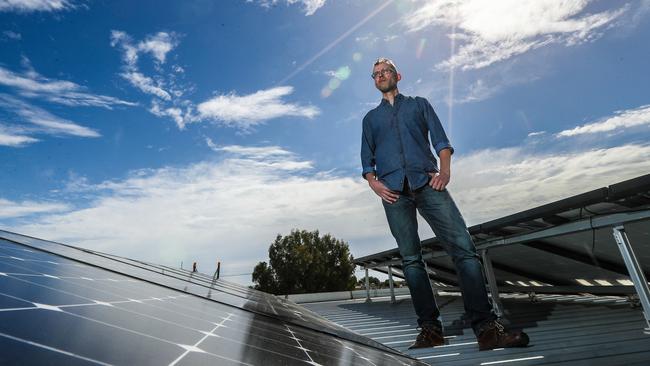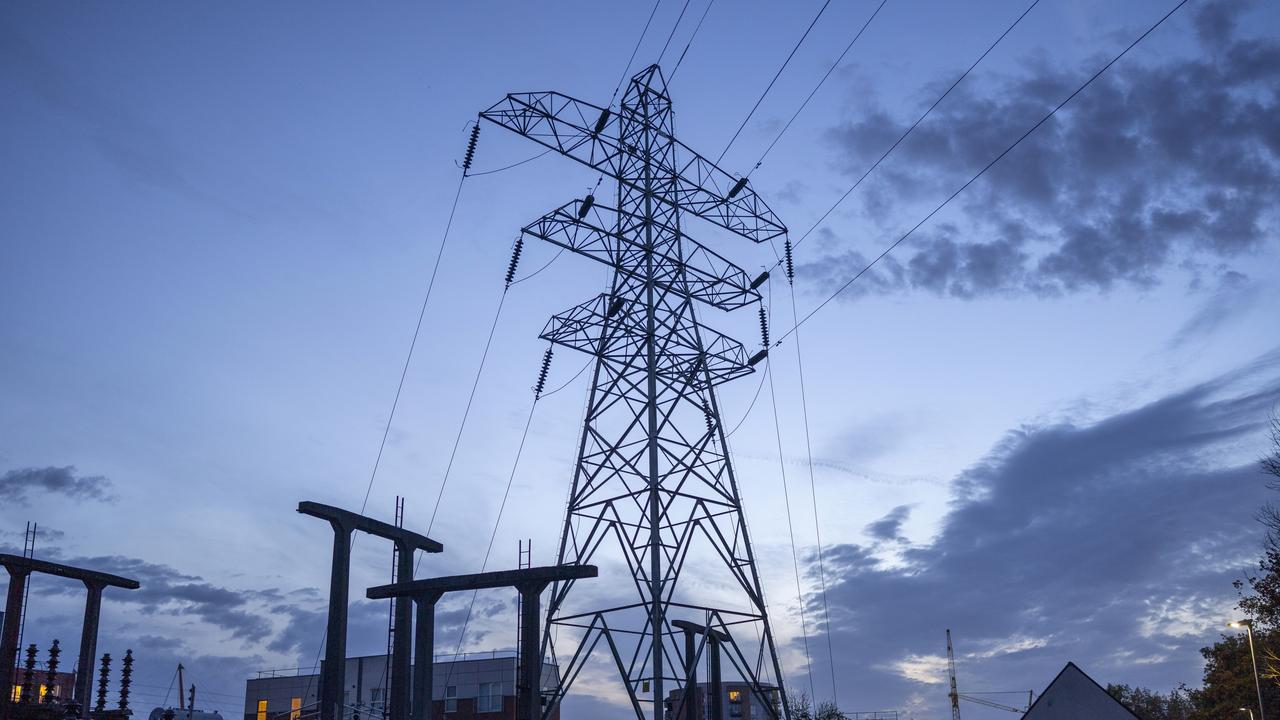Solar power financing more expensive, as BNPL providers hike fees
Interest-free solar panels have become more expensive as buy now, pay later financiers hike the fees they charge installers and retailers – with homeowners ultimately bearing the cost.

Interest-free solar panels have become more expensive as buy now, pay later financiers hike the fees they charge installers and retailers – with homeowners ultimately bearing the cost.
Using the popular financing method to fund solar installation seems like the solution to soaring energy bills and rising interest rates. Home solar systems, even without batteries, can run into the thousands of dollars.
But some financiers are charging installers up to 25 per cent of a solar system’s cost to offer their customers an interest-free option, with the charge hidden in the overall quote.
As of the start of this financial year, this fee has become more expensive as financiers, including Brighte (backed by Atlassian co-founder Mike Cannon-Brookes), Humm and Plenti (both ASX listed), have increased the fees they charge installation companies or merchants
A Brighte spokesman said: “This merchant fee was increased to pass through the higher costs that Brighte now must pay which is a result of the current environment of rising interest rates and higher risk margins. This is consistent with other financiers such as Plenti and Humm who have recently increased their merchant fees.”
The change has meant some installers are no longer offering customers an interest-free payment option, directing them to unsecured loans, which have interest rates of 8 per cent and comparison rates of around 9 per cent.
Commonwealth Bank offers a secured green loan with a 0.99 per cent interest rate, but it is only available to its customers with existing home loans.
Brighte said deals written last financial year would be priced under the previous regime and it was not involved in the quotations installers gave customers for solar systems. “We are aware that merchants across all industries would be impacted by rising prices in the form of rising labour costs, energy prices, transport and shipping and whole equipment costs,” he said.
“Brighte is not involved with the pricing of goods and services that the merchant sets and the terms of sale that are offered by a merchant to a customer. However we would assume that Brighte’s merchant fees are just one part of the equation when it comes to rising costs that would be impacting a merchant.”
Humm chief executive Rebecca James confirmed product price rises at the company’s financial results last month.
“Humm Group is focused on margin management, already repricing portfolios to offset rising funding costs,” Ms James said.
Plenti said in late July that it “noted that, like other lenders, it has experienced increases in funding costs on new loan originations, principally this calendar year”.
“While margins were impacted for several months as the market adjusted, Plenti has now increased its borrower rates to largely offset these higher funding costs,” the company said.
Finn Peacock, a former engineer for the CSIRO who now runs Solar Quotes comparison service, said consumers should be aware of the risks around interest-free financing deals.
“I personally think it’s misleading. The consumer thinks they are getting cheap finance but what they don’t realise is that they are potentially paying up to 25 per cent more for a system than if they were paying cash, so suddenly it doesn’t become very cheap finance,” Mr Peacock said.
He said about six months ago one buy now, pay later provider was complaining about the tight margins on finance for solar systems, given the intense competition in the sector.
“That was when interest rates were close to zero. It sounds like they’re getting bitten on the bum by their opacity and lack of having to follow the rules. If you follow the rules of a real loan, you get all the boilerplate stuff, which says the interest rate is subject to change yada, yada, yada.”
But interest-free deals were a “smokescreen where the clear implication is that it’s cheap financing at no extra cost”, he said.
A standard 6.6kw system can cost up to $9600, while a 10kw system can cost up to $12,000, depending on the brand of panels and inverters. Soaring power bills have increased interest in solar, with Mr Peacock saying his service fielded twice the usual number of inquiries in June.
“It’s starting to get more normal now in August, September. But we’re still doing better than we did last year,” he said.
Interest in battery storage, such as Tesla’s Powerwall, which can cost about $17,000 installed, has also surged. But Mr Peacock warned consumers need to understand the payback period.
“A battery will reduce your bill but it won’t generally save you money,” he said.






